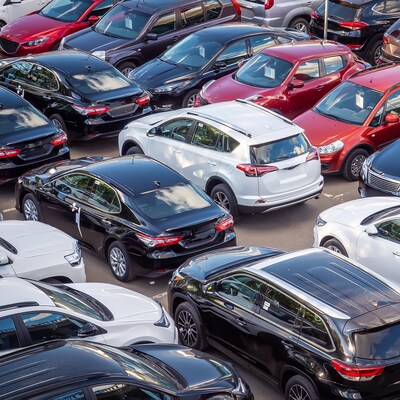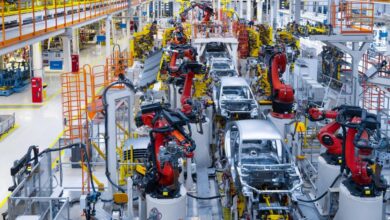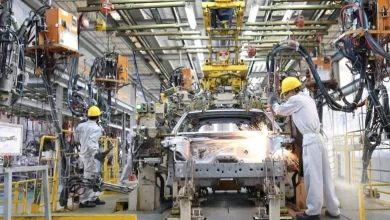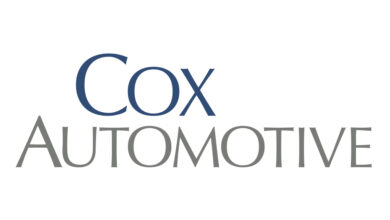Cars could get costlier as automobile emission norms set to tighten | News

Under the third phase of the corporate average fuel efficiency standards, automakers must reduce carbon emissions by one-third in three years
Abhijeet Kumar New Delhi
Indian automakers must reduce carbon emissions by one-third in three years or face penalties under the third phase of the corporate average fuel efficiency (CAFE) standards set by the Bureau of Energy Efficiency (BEE), the Economic Times (ET) reported.
The proposal by India’s energy efficiency and conservation agency is expected to add to the 30 per cent price hike since Bharat Stage VI (BS VI) emission norms were implemented in April 2020.
Click here to connect with us on WhatsApp
According to the proposal, if a carmaker’s average fuel efficiency exceeds the limit by up to 0.2 litres per 100 km, a penalty of Rs 25,000 per vehicle will be imposed. If it exceeds by more than 0.2 litres per 100 km, the penalty rises to Rs 50,000 per vehicle.
Industry stakeholders have been invited to provide their feedback by early July. BEE will review these comments before finalising the guidelines. The CAFE-III norms are set to be implemented from April 2027, proposing carbon emission targets of 91.7 gm CO2/km for CAFE-III and 70 gm CO2/km for CAFE-IV, based on the World Harmonized Light Vehicles Testing Procedure (WLTP).
In a concession to automakers, the agency has extended the transition period to five years instead of the initially proposed three years for the shift to CAFE-IV norms, which aim for a further 24 per cent reduction in vehicular carbon emissions by 2032, the report added.
Automakers expressed concerns that a shorter transition period for CAFE-IV norms would affect product planning, development, and investment cycles.
The CAFE norms apply to a manufacturer’s entire vehicle output, limiting carbon emissions from all vehicles sold in a financial year. Non-compliance with these limits results in significant penalties, encouraging manufacturers to produce more fuel-efficient vehicles.
India’s push towards zero emissions
India’s energy efficiency agency BEE has set stringent targets to reduce automotive emissions, emphasising battery electric vehicles (EVs) as central to its clean mobility strategy, according to LiveMint.com.
The Bureau of Energy Efficiency (BEE) has indicated strong support for low- and zero-emission technologies by proposing incentives for manufacturers to produce more battery EVs, offering higher fuel efficiency credits despite stagnant EV sales volumes.
Meanwhile, BEE has suggested modifications to the corporate average fuel economy (CAFE-III) standards, extending the timeline for reducing carbon dioxide emissions, reflecting ongoing discussions between regulators and the automotive industry, the report claimed.
The updated proposal extends the CAFE III standards from 2027-2030 to 2032, as outlined in BEE’s latest draft circulated among testing agencies, original equipment manufacturers, and the ministries of roads, heavy industries, and power.
The initial proposal to conclude CAFE III standards by 2030 faced strong opposition from the auto industry, which argued that the stringent CO2 reduction targets were too ambitious.
One significant change in BEE’s proposal is extending the compliance period from a three-year to a five-year block to achieve a CO2 emissions target of 70 g/km from 2032-2037. This adjustment aims to provide automakers with more flexibility and time to develop and integrate new technologies to meet these targets.



